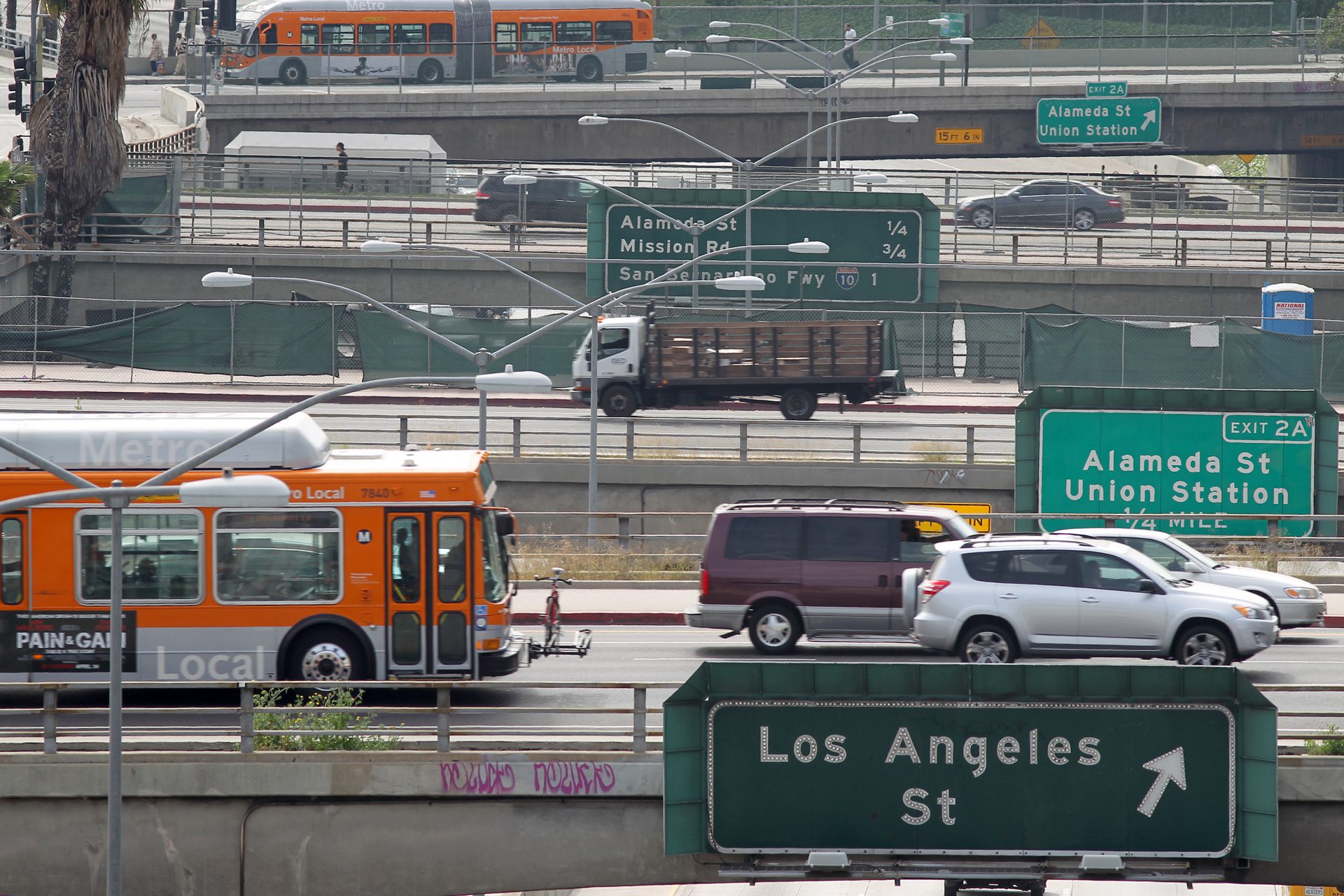

Data collection continues to stoke anxiety about privacy, but Waze believes all of the data it harvests can be useful to city officials. The popular navigation app has teamed up with analytics platform Esri to make traffic data available to cities in real time.
The data-sharing scheme will give traffic engineers and other municipal employees instant access to the same types of incident reports that Waze users already share with each other, including information on traffic jams, crashes, and road-maintenance issues.
Waze believes this will allow city officials to identify problem areas more easily, allowing them to make urban-planning decisions more quickly. The data could, for example, show where the most crashes are occurring in a given area, informing decisions about where to put more street signs, change the timing of traffic lights, or station more police officers, Waze said. It noted that citizens already regularly report issues like potholes, claiming it can get more of that kind of information to city officials at a faster rate.
Waze and Esri announced their partnership in 2016, initially working with the city of Raleigh, North Carolina, but now they want to expand data sharing to other municipalities. City governments can sign up for the program for free.
Tech companies (not to mention automakers) are sitting on huge troves of data. While the primary use of that data is for profit, some companies believe it can also serve a public good. Uber has released data to city planners in the United States and Europe under its Uber Movement program. Like Waze and its crowdsourced traffic data, Uber believes data from its ride-hailing operations can give city officials a more detailed look at the flow of traffic, and help highlight potential trouble spots. It puts a more positive spin on companies’ data harvesting, at any rate.